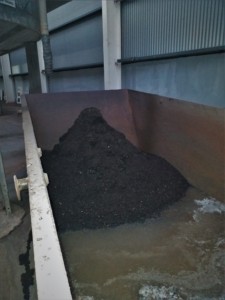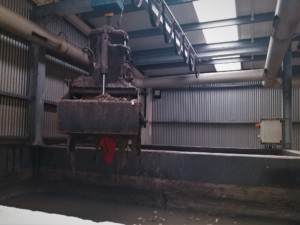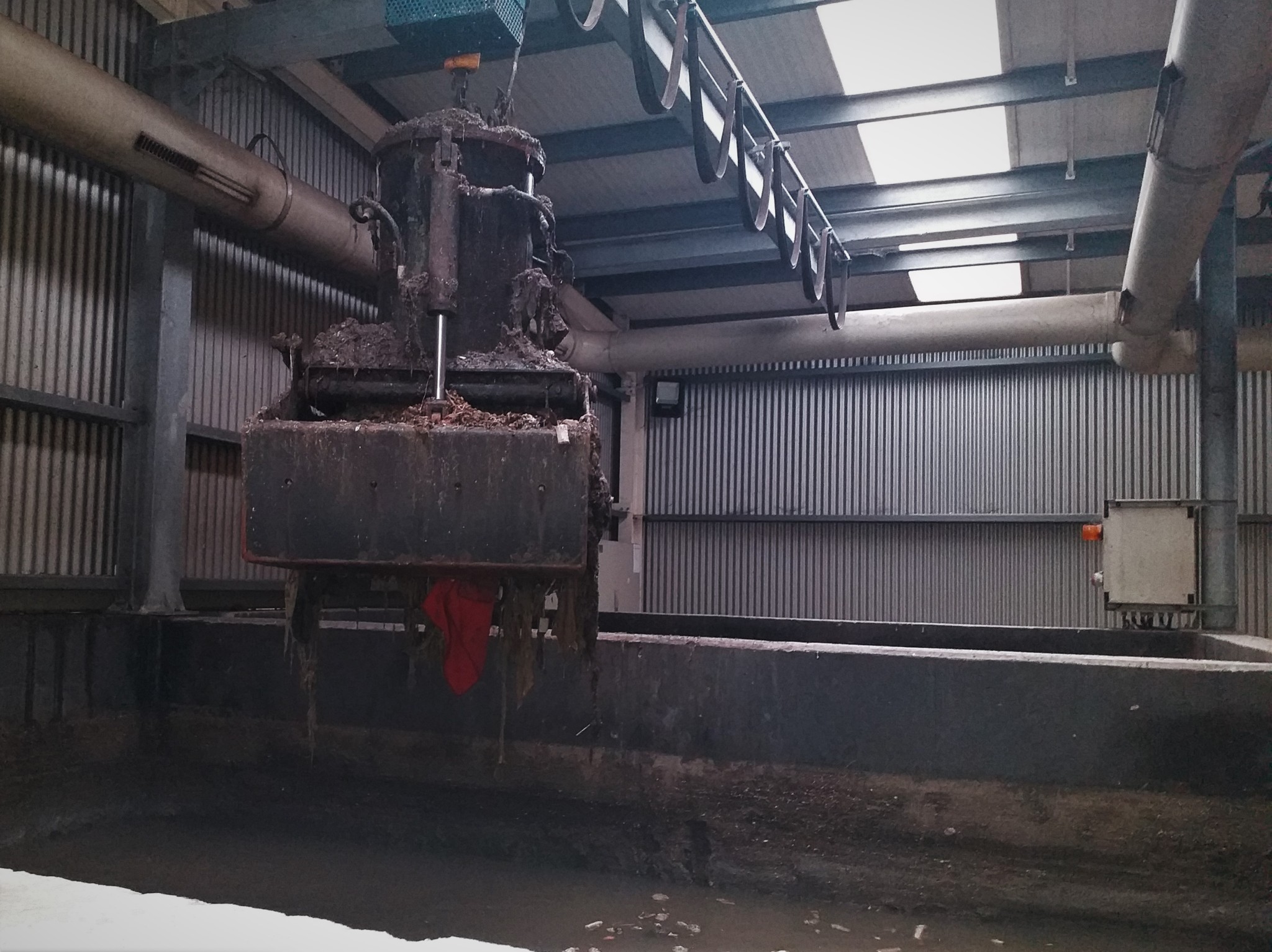“Nowadays everybody has water, it’s not like in the past…there were no bathrooms or sewers”, Luís says. The generalized access to adequate sanitation has reduced the risk of diseases related to water consumption and open sewage. This privileged condition gave man the possibility to exist, prosper, and inhabit this planet. Our species occupied territories grew and developed based on this natural condition so important and valuable, which is water and hygiene. This situation has been somewhat guaranteed in the life of the millennials’ generation, who cannot imagine what it would be like to live without this essential good. Still, we face immense challenges to achieve sanitation coverage and a universal drinking water network, ensuring the availability and sustainable management of drinking water and sanitation for all. Are we acting responsibly in the face of these privileges? What is the impact of our behavior on the sustainability of basic sanitation?
The model of society in industrialized countries has accustomed citizens to this fact and, consequently, constant access to this essential good that is water is no longer valued. Water has been used indiscriminately, always giving it new uses, without evaluating the environmental and health consequences that these could bring. The amount of water spent or the quality of the water used after serving its purpose, became despised data, even if important. This excessive and irresponsible consumption of drinking water in our daily lives has created new challenges for the sustainability of cities, which are faced daily by companies like Agere, which take responsibility for water and wastewater management.
The process of renewal and purification of wastewater becomes essential and is a challenge for our society. Nevertheless, for those who were born without the concern of where the tap water comes from and where what is flushed down the toilet goes, they end up despising ecological actions, making it more difficult to achieve the goal of reaching universal and equitable access to safe drinking water. The biological engineer, Ana Gabriela Ribeiro, of the Wastewater Treatment Plant (WWTP) in Frossos, Braga, warns that “if we do not make a responsible use of water, avoiding waste, it ends up being an irresponsible behavior with an impact on society and the environment. She also warns that “the excessive use of water unnecessarily increases the flow of water to be treated”, having an impact on the responsiveness of the entire wastewater treatment network, which is essential to ensure an environmentally correct return of effluents to nature after treatment and purification of wastewater.

The debris accumulated and separated from the waters that led them to the Frossos WWTP // Ana Gabriela Ribeiro
There are senseless behaviors that put pressure on the entire wastewater treatment system. Discharging solid waste into the sewage system, such as condoms, cotton buds, dressings, tampons, cigarette butts, wipes, medicines, cooking oils, and food waste is a real problem for sewage treatment systems and often ends up in rivers and seas, jeopardizing the environmental sustainability and financial viability of wastewater treatment. Ana Gabriela Ribeiro also warns that “At the moment, the wipes are one of the worst waste that reaches the WWTPs”. Unlike toilet paper that disintegrates and disappears, the wipes resist in their physical properties because they have their own physical characteristics, are elastic, and do not degrade in the presence of water. They are difficult to tear and often end up damaging the mechanical equipment that is indispensable in the water treatment process. This type of material that is thrown by the toilet and is not biodegradable also creates blockages in building ducts and even the strangulation of sewage networks. Gabriela Ribeiro strongly advises “Do not discharge this type of solid waste into toilets or kitchen sinks”, which along with environmental problems, derived from toxic chemicals, which are introduced into the water and are not treated, there are also reflexes, when these residues overcome the network and reach the treatment plants. This type of waste has many consequences on the losses of the water treatment companies, and later have an impact on the final cost to the consumer and taxes for all taxpayers.

Wastewater in treatment process from a claw that removes solid waste such as cloths and wipes. // Ana Gabriela Ribeiro
Water has always been a resource offered by Planet Earth, and over the years humanity has reached extraordinary levels of distribution and reuse of this resource in certain parts of the planet. But, even though we depend on water, we become careless and irresponsible when using it. Although it is something apparently guaranteed, “that is not why we should spend water indiscriminately and unconsciously,” points out Gabriela Ribeiro. Even in this time of the pandemic, where it is constantly advised correct and frequent hygiene of the hands, both in a social and professional environment, through the washing with water and soap, this should not mean carelessness in the preservation of this good that for some are guaranteed. This measure is considered one of the basic measures for the mitigation of the COVID-19 pandemic, but if carried out in a more responsible manner it can lead to greater sustainability in its widespread use.
These ill-considered behaviors, which many do not even notice, can be perfectly corrected by removing this waste from the sanitation network and preventing it from reaching the wastewater treatment plants. The care that society is capable of acquiring and implementing, taking these aspects into consideration, may end up becoming very important and, with the maintenance of water quality in a continuous and sustainable way, good hygiene will be achieved. Water, Sanitation, and Hygiene (WaSH) are nowadays of very importance in society and, with all these three areas well connected, we can reach a minimum and decent life quality and, perhaps, turn that life quality universal.




You must be logged in to post a comment.